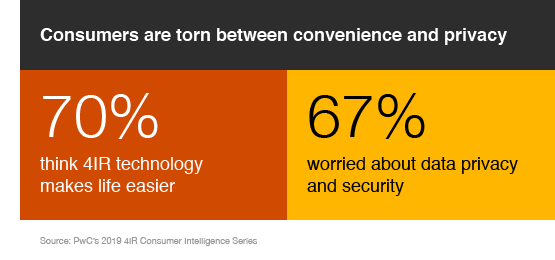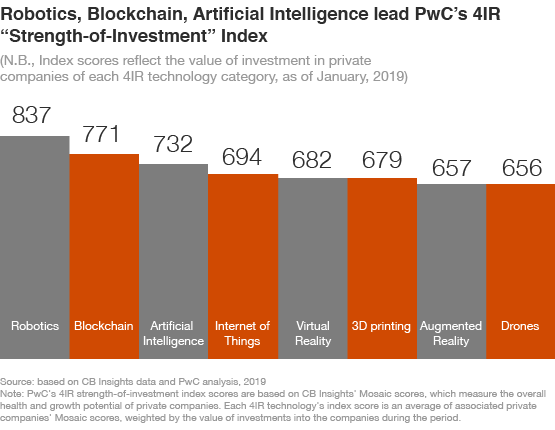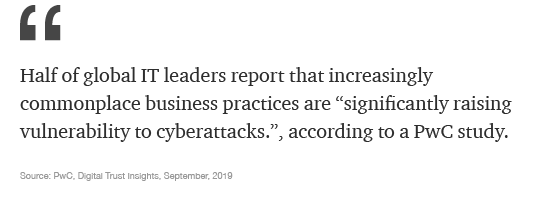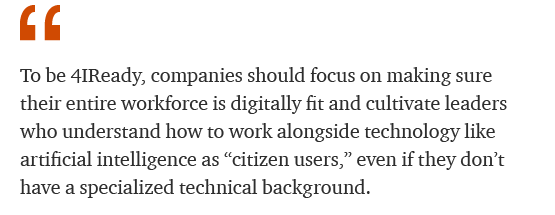{{item.title}}
{{item.text}}

{{item.text}}
The world is changing swiftly as uncertainty surrounding trade, economic growth, health, regulations and geopolitics looms. At the same time, the Fourth Industrial Revolution (4IR) has finally come of age. We can see this in various forms, through the digitally connected products and services we consume, to advancements in smart cities and factories and increasingly common automation of tasks and services in our homes and at work.
To stay relevant in a digital world where stakeholder demands and expectations are evolving, businesses across every industry will have to reevaluate their strategies, looking into how technology can be implemented to unlock opportunities. The more businesses in Malaysia intensify their digital transformation, the greater the growth of the country’s digital economy - a key contributor to our GDP.
It’s long been Malaysia’s goal to become a more digitalised nation, as this would not only boost the country’s attractiveness in terms of doing business, but also improve the standard of living amongst the Rakyat.
To get there, the government has launched the Malaysia Digital Economy Blueprint, which outlines specific strategies where the public and private sectors can play a role in making this a reality. The strategies are varied, encompassing areas such as developing infrastructure, creating an inclusive digital society, and building a future-ready workforce equipped with the right mix of skills.
How can businesses contribute to the execution of these plans? Read our thought leadership ‘Staying relevant to stay in business’ to learn more about our perspectives.
Adoption of the technologies that power 4IR has been on the rise for some time. About six in ten companies globally plan to make significant investments in both AI and IoT. While it’s easy to make them the stars of the show, it’s a mistake to do so. Essentially, they aren’t 4IR—they merely enable it.
Resilience will make the difference in surviving uncertain times. Companies increasingly expect that embracing 4IR will deliver results—and they’re right to do so. For those companies that have invested in digital initiatives, revenue growth and reduced costs are the top expected benefits. Returns on 4IR investment can also yield intangible forms of growth beyond the top and bottom lines, including improved workplace safety and overall employee experience.
This revolution runs on data. Generated on an unprecedented scale by an ever-increasing array of connected devices, data is the lifeblood of the modern economy. But it isn’t free. Customers’ willingness to entrust companies with sensitive information about their lives and businesses hinges on the quality of experience offered to them.
To thrive, companies need to focus on their people as much as on their technology. The way we work is changing rapidly, taking some tasks out of human hands through automation while spurring demand for new digital skill sets. In fact, that demand is so strong that hiring can hardly keep pace.
{{item.text}}

{{item.text}}










